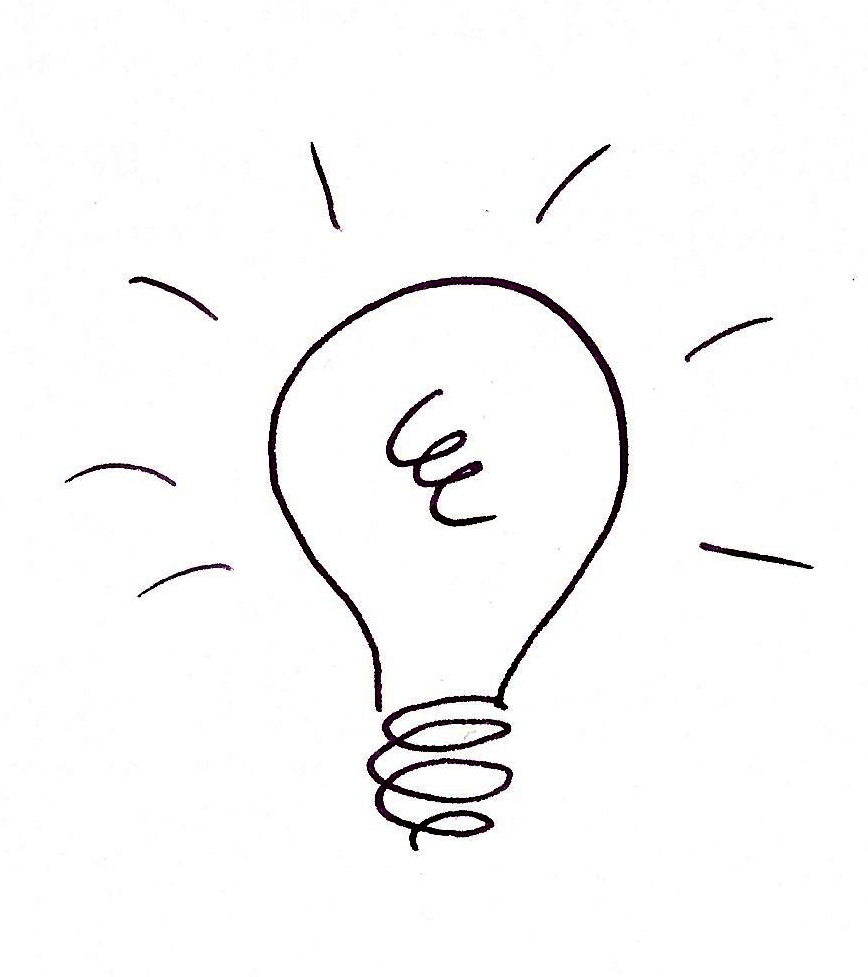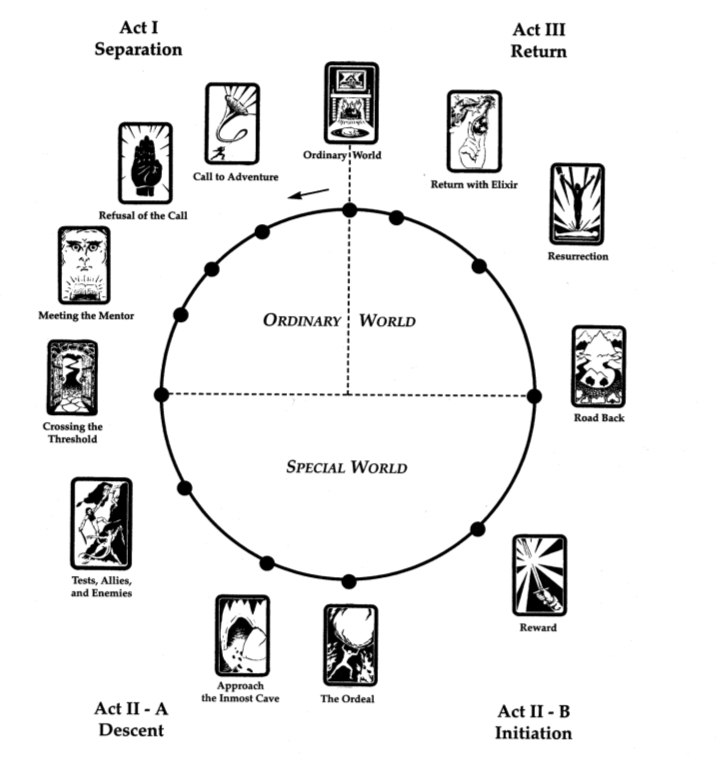How many of your presentations have a slide all about you - a "me" slide - generally at the beginning of your deck? How many of you believe that your product or solutions solves customer problems in a kick-ass way? In fact that your product is so kick-ass that it is the hero and will lead your customers out of the wilderness? Well it is true that some people are attracted to that guy that comes up to you at a cocktail party and talks all about himself...but let's take a look at another approach, one that will give you significantly different results: You are not the hero, your customer is the hero. You are taking the customer on a journey and they are going to need your help in overcoming a series of obstacles, but once resolved they will enter into a new state of being.
Books, screenplays, mythology, cinema all provide a structure for a story to be told; one of the reasons some presentations are so boring is that they lack a story. In stories we have heroes that we relate to, we root for them as they face challenges until they reemerge transformed and the final story is revealed. There are other key attributes of story telling, the notion of stakes - something must be at stake if the hero doesn't reach his goal. This tension creates drama and without it you have a boring story.
All stories have a beginning, a middle and an end, screenwriters employ more complex forms and Joseph Campbell who deconstructed stories and myths from around the world created a circular diagram to show the different stages of the journey a hero takes.
With presentations it is the customer and/or your audience that is the hero - you take them on a journey from their world to your special world and they learn new ways of dong things. Along the way they will resist your ideas citing roadblocks. Before they can get past this point they have to change their perceptions internally of the problem before they change the actions they take. Getting the audience to step into something new is the goal of your presentation, you need to acknowledge that change comes with a struggle, and once audiences are willing to make that change then you as their mentor help them with the rest of their journey to make them successful.
In the next post I will describe a presentation form that is part of great speeches given by luminaries such as Martin Luther King, Richard Feynman and Steve Jobs, a way of introducing ideas that resonate and that cal people to action.
Meanwhile take a look at your decks, are they all about you? Can you describe the day in the life of a customer without your product and with your product? Do you have a story to tell?
Related articles
- The renaissance of selling your idea (reimaginestrategy.com)




